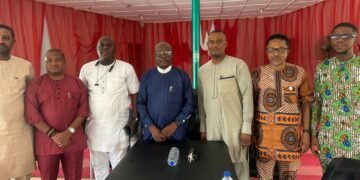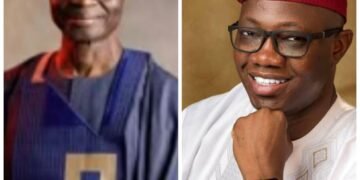Namibia has made history by electing its first female president, 72-year-old Netumbo Nandi-Ndaitwah, in a tightly contested election marked by controversy and opposition rejection.
The ruling SWAPO party, in power since Namibia gained independence in 1990, declared victory last week, with Nandi-Ndaitwah securing 57% of the vote. Her closest rival, Panduleni Itula of the Independent Patriots for Change (IPC), garnered 25.5%, according to the Electoral Commission of Namibia (ECN).
Allegations of Irregularities Cloud the Election
While the election represents a historic milestone, it has been plagued by allegations of irregularities and logistical issues. The November 27 polls were marred by technical failures, including malfunctioning electronic voter registration devices and a shortage of ballot papers. These problems forced voting to be extended twice, with some citizens waiting in queues for over 12 hours, eventually abandoning the process in frustration.
“There were a multitude of irregularities,” said Itula, who has vowed that the IPC will “not recognize the outcome of that election” and plans to pursue legal action to nullify the results.
Election monitors from a regional human rights group corroborated the claims, reporting deliberate delays at voting stations. The ECN acknowledged these organizational shortcomings, citing ballot paper shortages and overheating of voter registration devices, yet reported a high voter turnout of 77% among the nearly 1.5 million registered voters.
Nandi-Ndaitwah, often referred to by her initials NNN, now inherits the responsibility of addressing Namibia’s pressing economic issues. Despite being a leading exporter of uranium and diamonds, Namibia has struggled to translate its mineral wealth into improved infrastructure and job opportunities. Youth unemployment remains alarmingly high, with recent estimates placing it at 46%.
During her campaign, Nandi-Ndaitwah pledged to “create jobs by attracting investments using economic diplomacy.” A veteran of the SWAPO party and the daughter of an Anglican pastor, she is known for her dedication and is often recognized by her signature gold-framed glasses and the party’s colors of blue, red, and green, which she wore throughout her campaign.
As Namibia’s first female president, Nandi-Ndaitwah’s election marks a significant step forward in the country’s political history, but her leadership will be tested by the need to unite a divided electorate and tackle persistent economic challenges.













